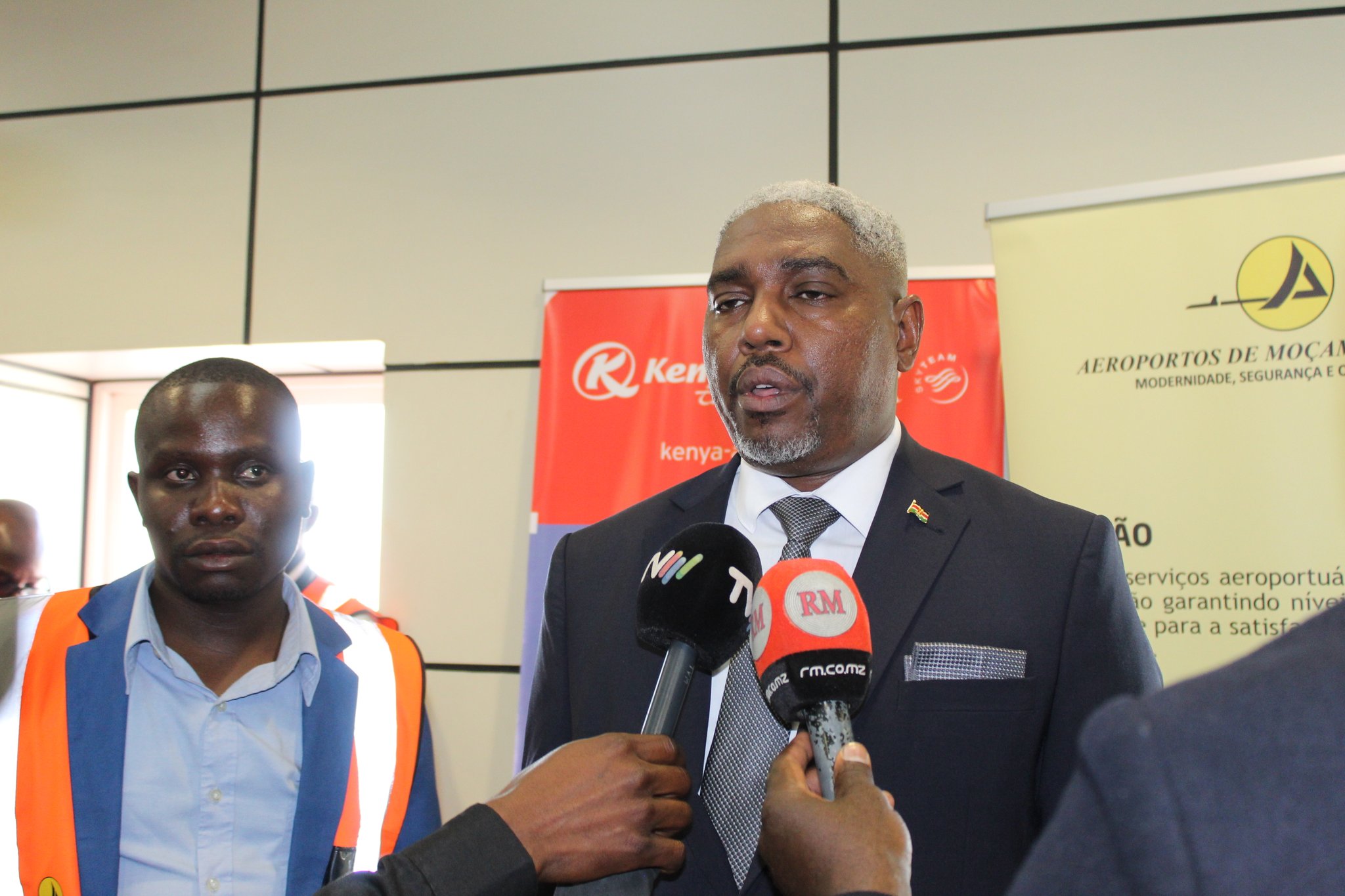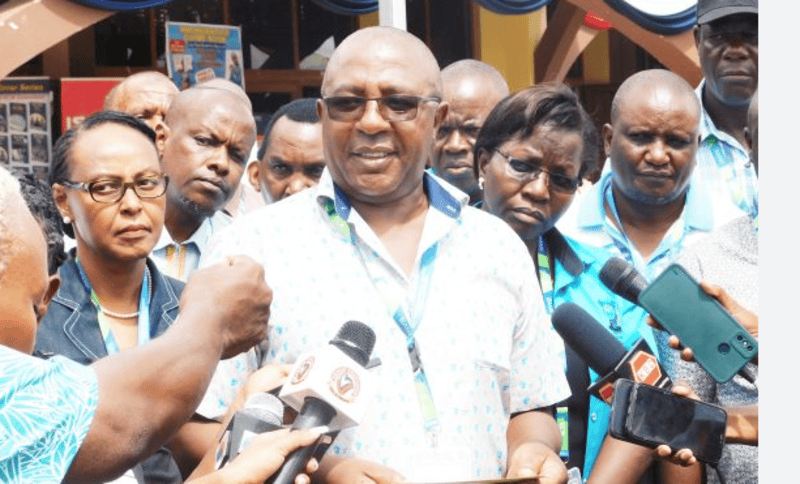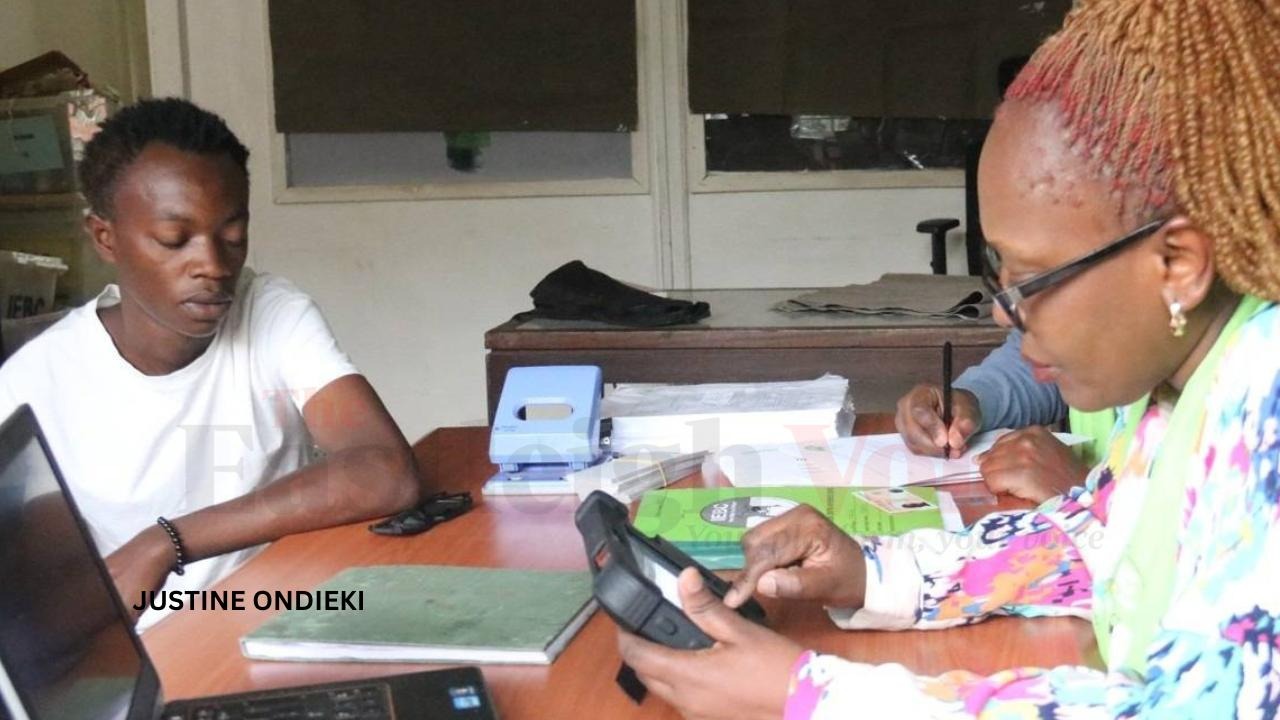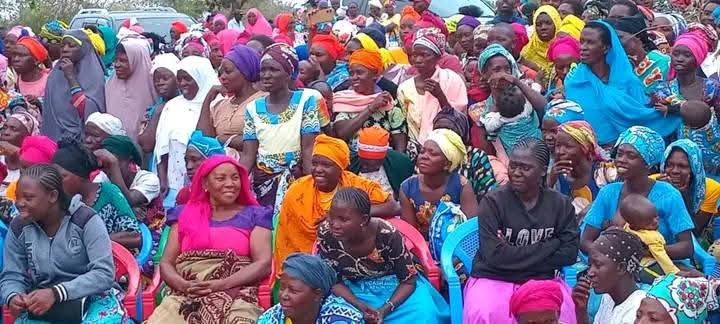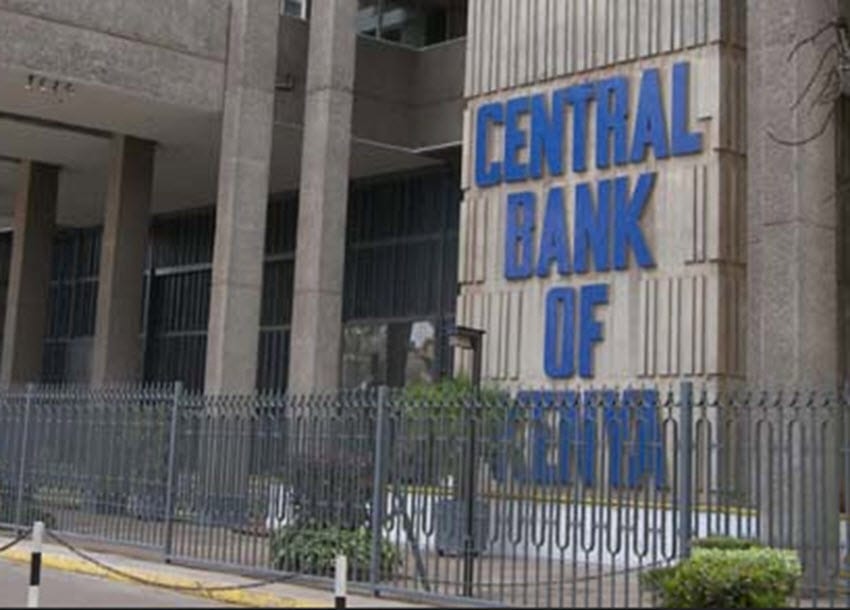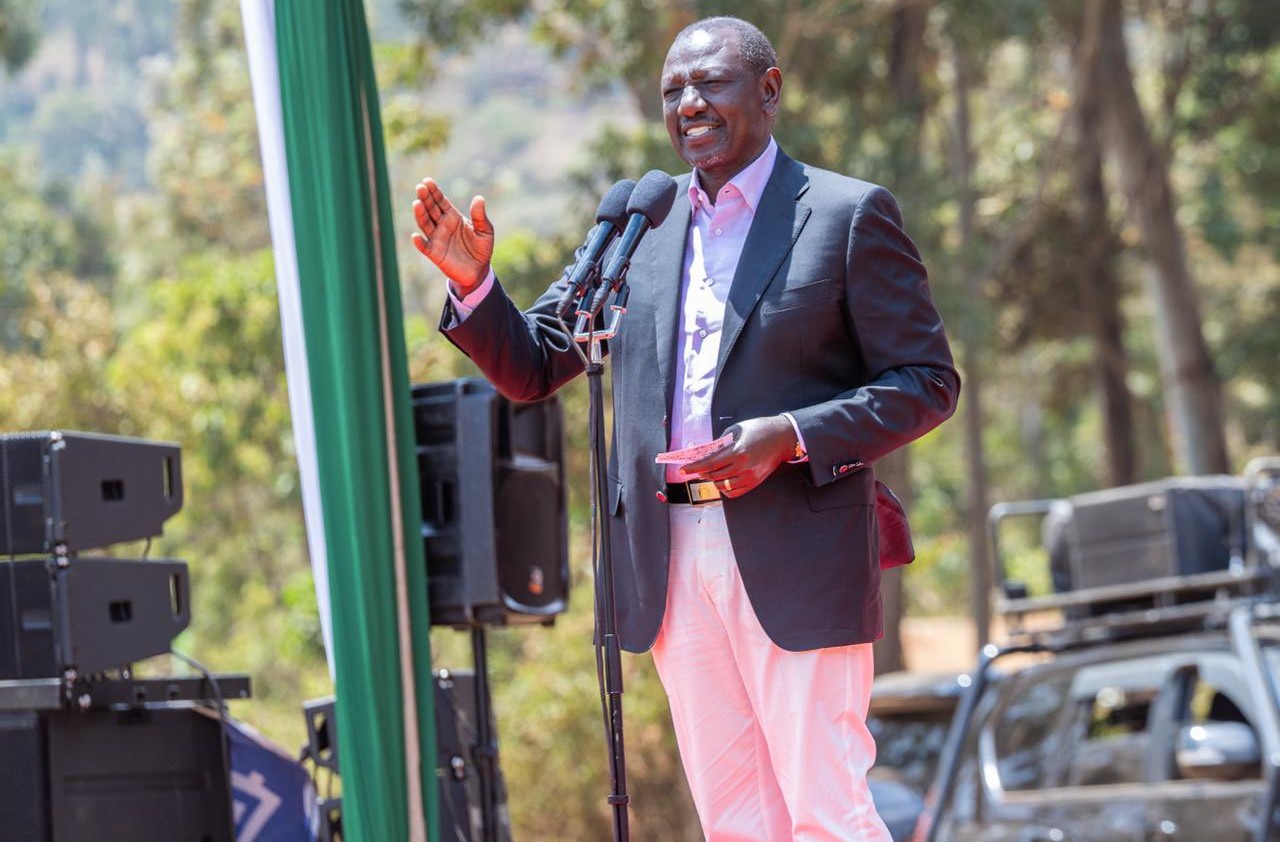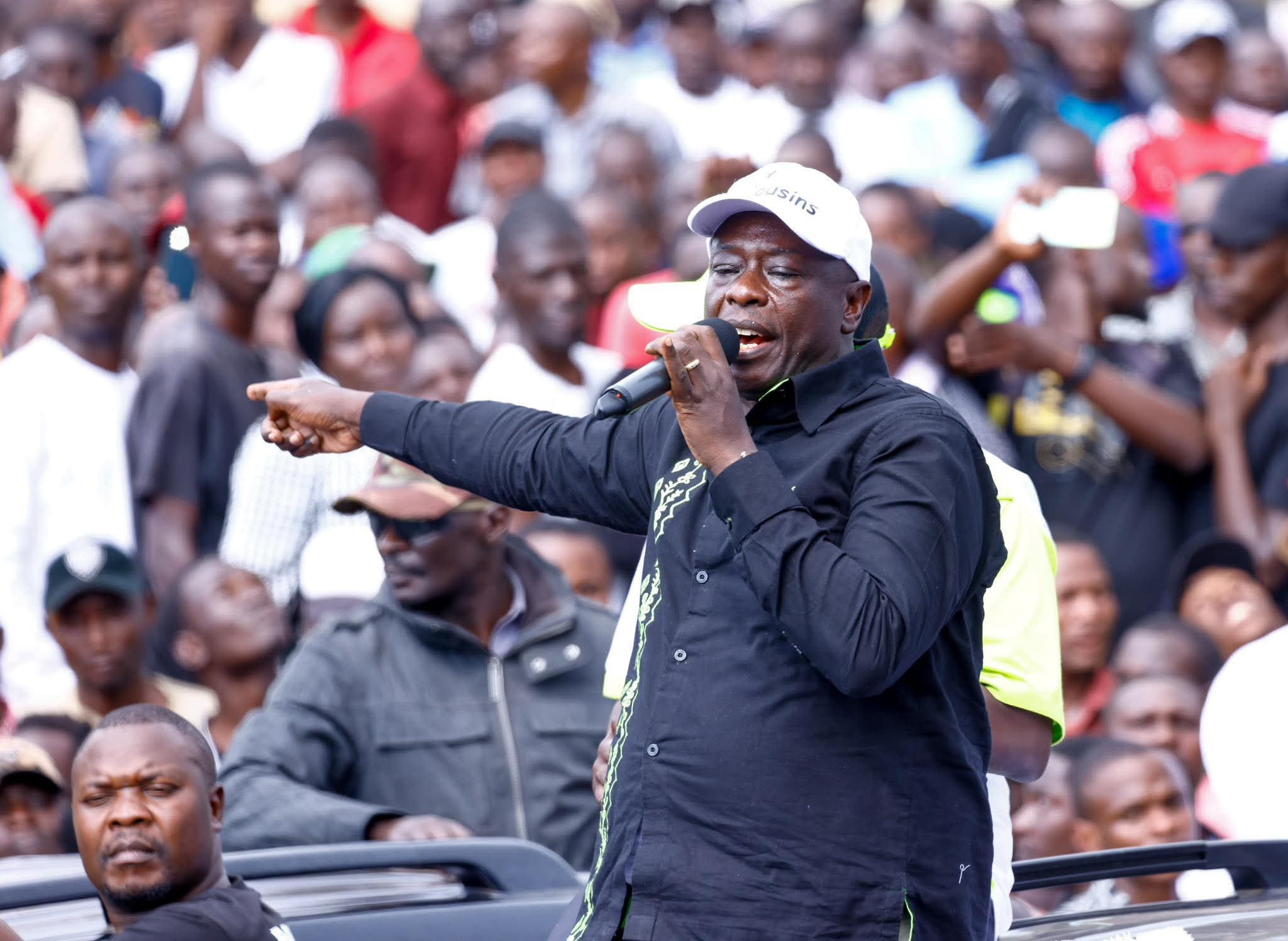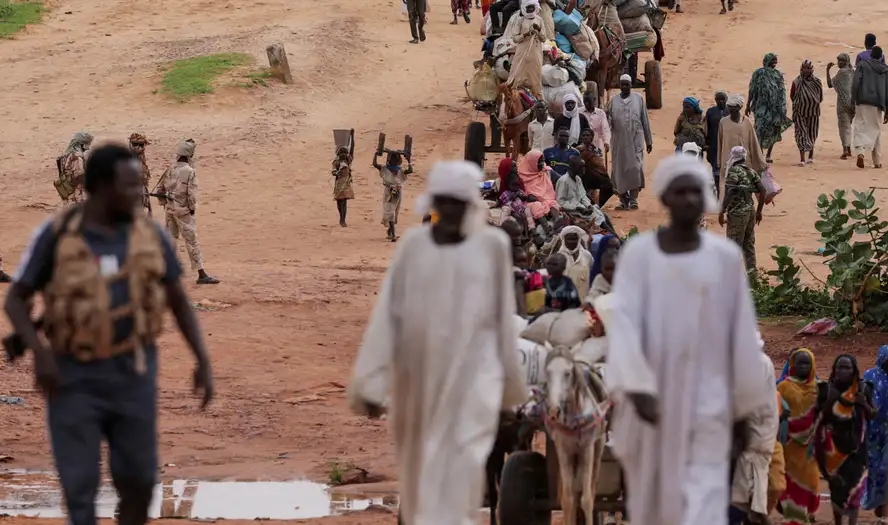State's high domestic borrowing draining credit for private sector – World Bank

The report emphasised the urgency of accelerating structural reforms, particularly in light of Kenya’s fiscal constraints.
A report by the World Bank has revealed the Kenyan government's domestic borrowing is a significant factor behind reduced credit to the private sector, dampening investment and economic growth.
The Kenya Economic Update 2024 revealed that credit growth for the private sector dropped from five per cent in August 2023 to -0.5 per cent in August 2024.
More To Read
- Banks urge CBK to cut base rate to spur private sector lending
- Turkana validates new investment plan for sustainable water use
- Kenya secures Sh193 billion loan to cut borrowing costs, boost stability
- Pressure mounts on finance executives to operationalise County Assembly Funds
- Commercial banks with highest interest rates
- Africa’s 2030 electrification mission surges, connecting 30 million in first year
This decline has adversely impacted small and medium-sized enterprises (SMEs), which depend on loans for operations and expansion.
The report linked the drop in credit to increased domestic borrowing and high interest rates, which have added pressure on the Central Bank of Kenya (CBK). Despite CBK's push for lower lending rates, commercial banks have maintained elevated rates, limiting access to affordable credit.
“High government domestic borrowing coupled with high real interest rates is crowding out the private sector as sectors experience weaker credit growth,” reads the report.
The World Bank further highlighted sectoral declines, with credit to agriculture falling from 10 per cent last year to five per cent by August 2024. Manufacturing recorded a more drastic drop, sliding from 15 per cent in January to -14 per cent in the same period.
High risk of debt distress
While acknowledging a slight improvement in Kenya’s debt-to-GDP ratio due to the shilling's appreciation, the report cautioned that the country remains at high risk of debt distress. The stronger shilling reduced the local currency value of external debt, offering some relief.
Kenya's economic growth projection for 2024 was revised downward from five per cent to 4.7 per cent. The World Bank cited various challenges, including anti-government protests, fiscal struggles, and floods, as contributing factors.
“Debt vulnerabilities including elevated debt servicing costs, accumulated pending bills, and missing revenue targets remain key challenges,” reads the report.
According to the report, Kenya’s real GDP is expected to recover gradually in the medium term, but structural imbalances are hampering the country’s ambition for faster, sustained, and inclusive growth.
The 30th Edition of the Kenya Economic Update reveals that while the agricultural and services sectors are showing resilience, their growth has slowed, with risks of further deceleration.
Subdued business confidence
The slowdown has been attributed to a tighter macroeconomic policy framework and subdued business confidence, which had already been declining before the June protests. Additionally, the April 2024 floods severely affected household livelihoods, particularly in urban areas, limiting private consumption.
It notes that the industry has also been losing momentum, with weaker housing demand amid high interest rates slowing the construction sector.
“A slowdown in economic growth would negatively affect job creation and poverty reduction,” said World Bank Country Director for Kenya, Rwanda, Somalia, and Uganda Qimiao Fan.
“We remain strongly committed to supporting the people and government of Kenya to improve the economic environment and create more and better jobs. This can be done by addressing corruption and overall governance, tackling the high fiscal vulnerabilities, and improving the business environment.”
The report emphasised the urgency of accelerating structural reforms, particularly in light of Kenya’s fiscal constraints.
With limited external borrowing options and increased domestic borrowing driving up interest rates, the government is crowding out private sector credit.
Although a primary surplus is projected for the 2024/25 financial year, high interest payments — reaching 5.3 per cent of GDP and consuming almost a third of total revenues and grants—continue to inflate net financing needs.
It further notes that fiscal consolidation remains vital to managing Kenya’s high risk of debt distress. However, the report calls for equitable fiscal measures, including more transparent and efficient expenditure to enhance service delivery, protect vulnerable populations, control the wage bill, and curb waste.
“While the fiscal deficit remains high, its steady decline offers a key opportunity to further reduce debt vulnerabilities through strategic revenue mobilisation, fiscal discipline, and growth-oriented policies,” World Bank Senior Economist Naomi Mathenge said.
Top Stories Today
